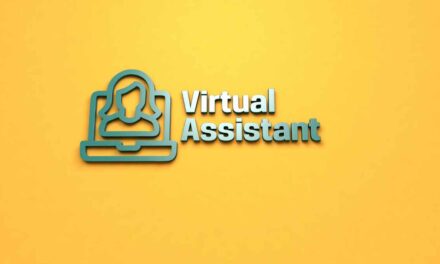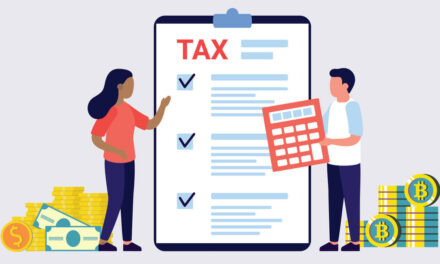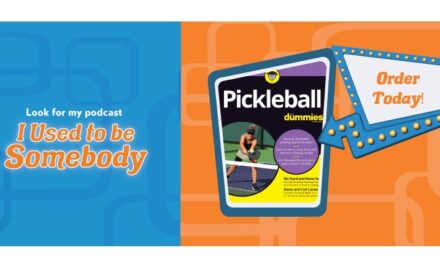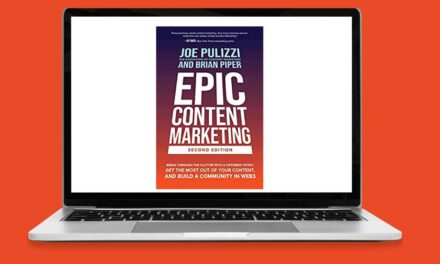The creator economy is in an identity crisis. Fortunately, that identity crisis means positive things for content entrepreneurs.
As a monolith, the creator economy stands at 50M creators with a $250B impact that’s expected to grow to $480B by 2027.
The numbers sound impressive, right? It signifies a lot of competition and a huge revenue potential for business.
And since you’re a content entrepreneur who’s counted in that behemoth, you’re glad to be a member of the creator economy.
But though those numbers make headlines, they also have prompted a realization that the creator economy isn’t really a monolith, and the term “creator” doesn’t speak to a lot of people who operate in the creator economy.
Business Insider recently tackled a good attempt to explain why the creator economy isn’t all it was cracked up to be. Startups thought offering services for creators on TikTok, YouTube, Substack, etc., would lead them to billion-dollar businesses. Investors bought into that promise, believing a total addressable market of 50M to, in some estimates, over 300M would be good business.
But, many got it wrong, and those startups have stopped, and investors are reluctant to go further.
“The term ‘creator’ has been spread too far,” according to Business Insider, and we at The Tilt agree.
Startup founder Grant Long tells the media outlet, “If you go after creators at some generic segment of decision-makers, then you’re going to be frustrated.”
That may sound like bad news for creators, but it’s good news for content entrepreneurs.
The identity crisis will evolve into a more sophisticated understanding of what you do – and an opportunity to educate those who don’t.
It’s not just investors and creator-service startups that recognize the nuances. LinkedIn gets the term “creator” is trendy but not always accurate. It recently began changing its language, as Lindsey Gamble explains in his recent newsletter.
He quotes Daniel Roth, editor-in-chief at LinkedIn, about the change. “One of the big lessons for us the last few years was that the term ‘creator’ wasn’t a fit for LinkedIn. Contributors saw themselves as “an accountant who posts” or a “consultant who shares news about logistics” or whatever. But not a ‘creator.’”
Being a content entrepreneur has its advantages
You’re not a creator influencer building a business based on popularity and mega-size audiences on social media.
You’re a content entrepreneur. You are building a media company. You grow an audience to monetize your content. You sell subscriptions, advertisements, sponsorships, and online courses and may market coaching and consulting services, too.
You’re an expert creator. You are building a business that revolves around your expertise, knowledge, or passion, not around your personal identity. You recognize access to your audience requires an owned-media strategy and not a reliance on rented land like social media.
You just need to be ready and able to tell that story to everyone, from casual acquaintances to prospective subscribers and brands interested in paid partnerships.
In identifying yourself as a content entrepreneur, explain your tilt (but don’t call it a “tilt” as the jargon will turn away prospects). In today’s newsletter, Ryan Sneddon easily explains his newsletter focuses on how to have fun within a 10-mile radius of Annapolis, Maryland. Now that’s a niche. And it’s attracted 17K subscribers in a town of 40K residents.
While your tilt doesn’t have to be that narrow, you should be able to explain it that succinctly.
[Business name] delivers content about [tilt] through [primary format and distribution channel] every [frequency] to people who [two to three characteristics of audience].
The business earns revenue through [revenue streams] to grow and sustain a long-term, successful operation.
Here’s how we used that simple exercise works for Jen Mann:
People I Want To Punch in the Throat delivers anti-mommy-blogger content through a newsletter three times a week to parents who aren’t living the idealized social media parent life. As a business, it earns revenue through affiliate links in the newsletter and by selling books.
Now, take a few minutes to craft these statements for your business. After all, you’re not just another number in the fracturing creator economy; you’re a content entrepreneur. Just be ready to tell that story.
About the author
Ann regularly combines words and strategy for B2B, B2C, and nonprofits, continuing to live up to her high school nickname, Editor Ann. An IABC Communicator of the Year and founder of G Force Communication, Ann coaches and trains professionals in all things content. Connect with her on LinkedIn and Twitter.










